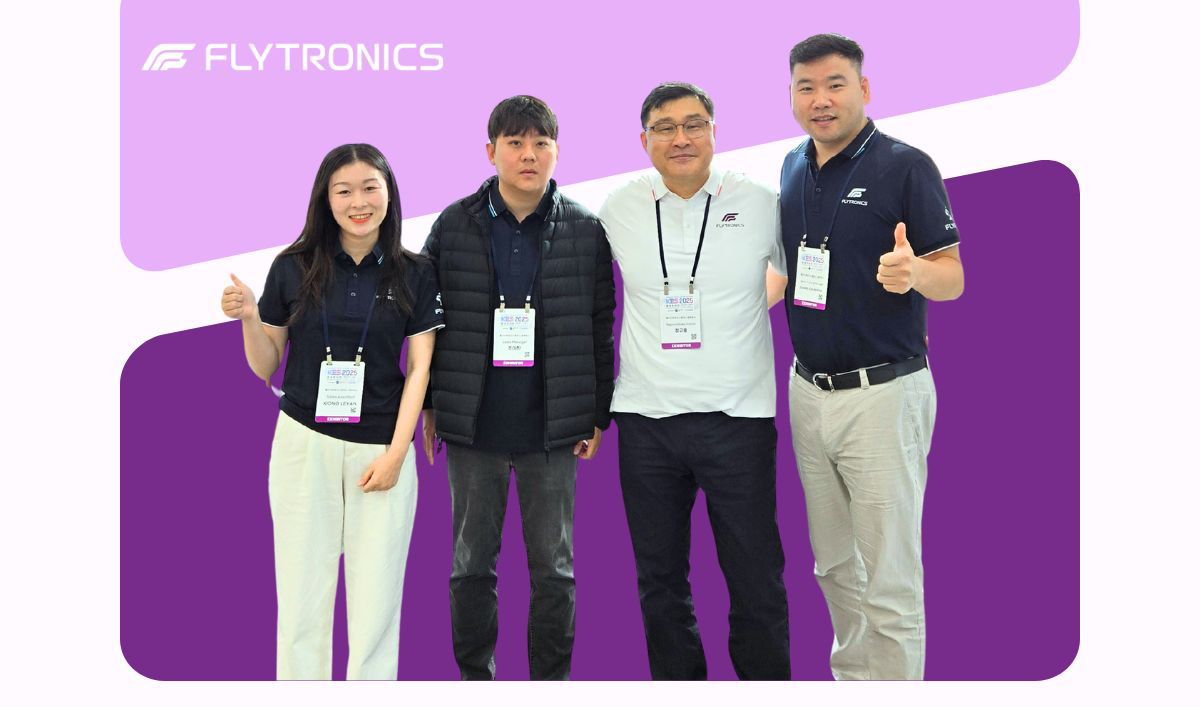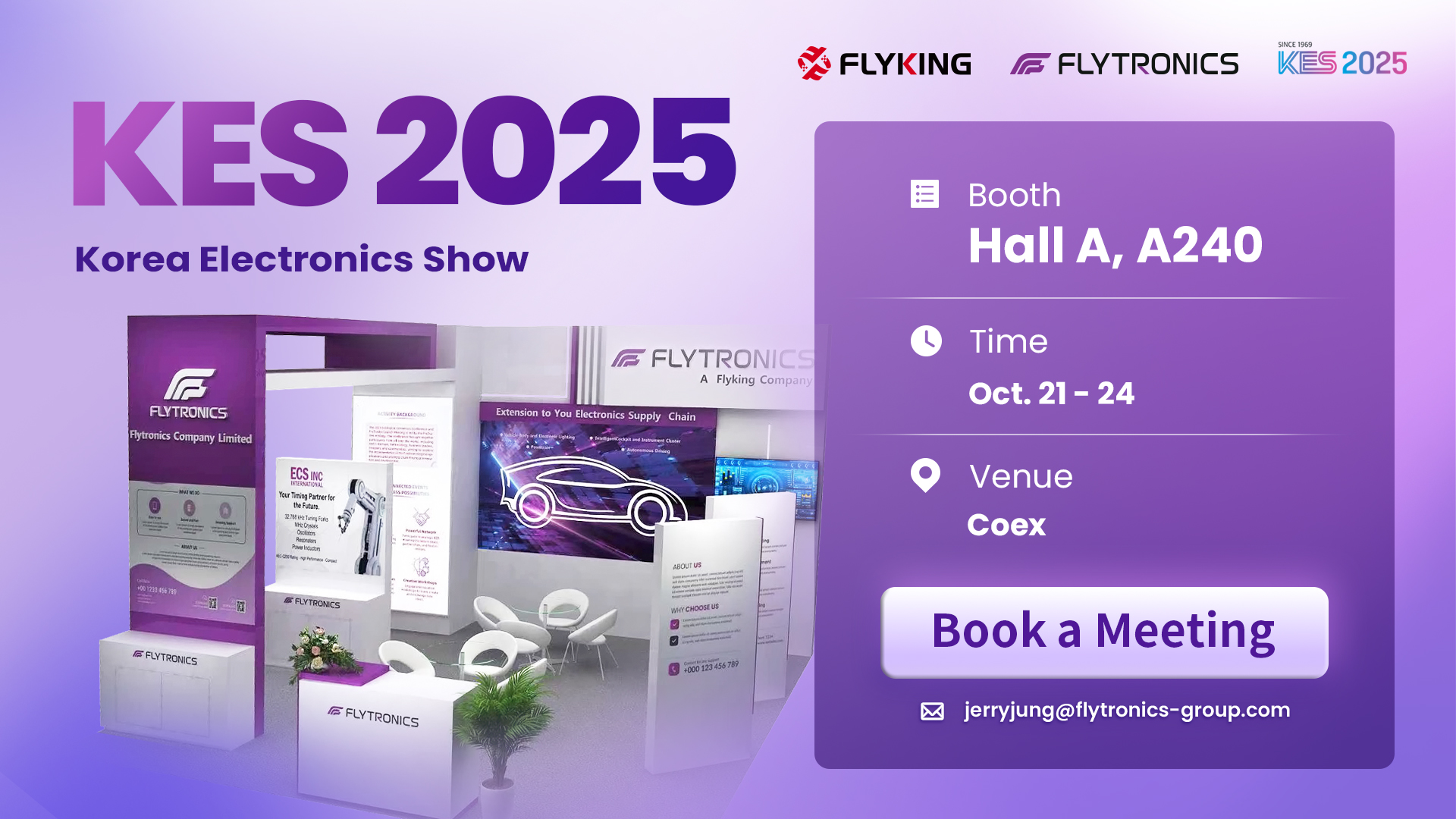Overview of the Automotive Semiconductor Industry
January 2024 has concluded with a 69% year-over-year increase in global electric vehicle (EV) sales, reaching 1.1 million units, albeit experiencing a 26% decline compared to December. Reductions in subsidies in Germany and France, coupled with seasonal softness in Chinese sales, were primary factors. Sales in Germany and France decreased by approximately 50% compared to December, yet the anticipated 2025 EU emission standards are expected to stimulate supply for pure EVs and hybrid models.
Sales revenues in the U.S. and Canada surged by 41%, nearly doubling in China, and increased by 29% in the EU, European Free Trade Association, and the UK. However, sales declined by 26% before the Chinese Lunar New Year, 32% in Europe, and 14% in the U.S. and Canada compared to December. General Motors' introduction of plug-in hybrid electric vehicles in the North American market marks a strategic reversal in bypassing hybrid systems. Despite consumer hesitancy due to high EV prices and challenges in charging infrastructure, hybrid vehicle sales continue to rise in the United States.
Updates from Automotive Semiconductor Manufacturers
Renesas is set to acquire Transphorm, a designer and manufacturer of gallium nitride (GaN) power devices, for approximately $339 million. GaN, a wide-bandgap technology, finds application in high-voltage applications across various markets, including EVs and fast EV chargers, as well as data centers and industrial applications.
Intel announced its acquisition of Silicon Mobility SAS to integrate artificial intelligence (AI) efficiency into electric vehicle (EV) energy management. The company also stated that the new AI-enhanced software-defined vehicle SoC would enable onboard AI and camera-based driver/passenger monitoring. Additionally, the company plans to offer an open automotive chip platform for customers to integrate their own chips into Intel's automotive products.
Infineon and Aurora Labs introduced an AI-based solution to enhance the reliability and safety of critical automotive components, including steering, braking, and airbags.
NXP expanded its automotive radar single-chip series, integrating high-performance radar transceivers, multicore radar processors, and MACsec hardware engines for secure data communication via automotive Ethernet.
Texas Instruments launched the industry's first single-chip radar sensor designed for satellite architecture, enabling more precise Advanced Driver Assistance Systems (ADAS) decisions and supporting new driver chip systems for battery management or power flow control in other power systems.
Qualcomm and Bosch unveiled a central in-vehicle computer capable of running both infotainment and ADAS functions on a single SoC.
Developments in Automotive Manufacturers
Tesla: Since 2024, Tesla's stock price has seen a significant decline, dropping by 24.6% in January and continuing to fall, currently down by 55.5% from its 2021 peak. Despite a 20% year-over-year increase in fourth-quarter sales, revenue growth was only 3%. To sustain sales momentum, Tesla significantly reduced prices throughout the year and offered discounts. Automotive gross margins plummeted from 30% in Q4 2021 to below 20%. In early 2024, Tesla continued price reductions in China and Europe, with analysts identifying automotive gross margins as a critical revenue concern.
BYD: Influenced by seasonal factors, BYD witnessed a month-over-month sales decline in January but grew by 33.14% year-over-year. Despite a 40.92% decrease in Chinese market sales, BYD achieved a historic high in overseas sales, reaching 36,174 units, a 247.53% year-over-year increase. Since March 2022, BYD has been focusing on producing plug-in hybrid and pure EVs.
BMW: In January, BMW announced its integration of Amazon's Alexa technology into the language assistant of some of its vehicles, starting this year. At CES 2024, BMW and Amazon showcased a voice assistant product based on the Alexa AI model, capable of advanced language processing and generating complex responses. Additionally, BMW stated that starting in 2027, its Munich plant would exclusively produce electric vehicles.
Hyundai: At CES 2024, Hyundai presented the theme "Ease every way," emphasizing human-centric life innovations through advancements in hydrogen energy, software, and AI. Hyundai's HTWO brand will transition into a hydrogen value chain business brand, integrating various industry segments such as hydrogen production, storage, transportation, and utilization. Furthermore, Hyundai introduced the "Software-Defined Everything (SDx)" strategy to accelerate software-centric intelligent mobility development.
Kia: At CES 2024, Kia unveiled its platform "Beyond Mobility," surpassing traditional automotive business, based on the all-new modular vehicle Concept PV5. The strategy aims to revolutionize the mobility industry through its PBV business and support the Hyundai Motor Group's goals in robotics, Advanced Air Mobility (AAM), and autonomous driving technology.
Honda: Honda globally premiered the "Honda 0 Series" electric concept car at CES 2024, previewing a new EV series set to launch in 2026, including Saloon and Space-Hub concept models and a new H logo. Honda aims for carbon neutrality by 2050, planning for electric and fuel cell vehicle sales to reach 100% by 2040.
Forecast for the Automotive Semiconductor Market
The automotive semiconductor industry is projected to grow from $436.629 billion in 2022 to $857.278 billion by 2030, with a Compound Annual Growth Rate (CAGR) of 8.6% (2022-2030).
The trends towards automotive intelligence and electrification will drive semiconductor market growth, with ADAS and infotainment being major drivers. By 2027, ADAS is expected to account for 30% of the automotive semiconductor market, with a growth rate of 19.8%; infotainment will represent 20%, with a growth rate of 14.6%. This indicates a long-term stable growth in chip demand for automotive electronics.
Stay up to date with the latest in industry offers by subscribing us. Our newsletter is your key to receiving expert tips.

Last Friday, we hosted a Halloween-themed cocktail party at our office — complete with custom drinks, great music, and a friendly costume competition that brought out everyone’s creativity! The aftern

KES 2025 has successfully come to an end!We were thrilled to reconnect with many familiar faces and meet so many new friends along the way. Our sincere thanks go to all our clients and partners for th

We’re all set for KES 2025 — can’t wait to meet you in Seoul!Visit us at Hall A, Booth A240, and explore our latest innovations in automotive electronics, Industrial, and so on.Let’s discuss how our a